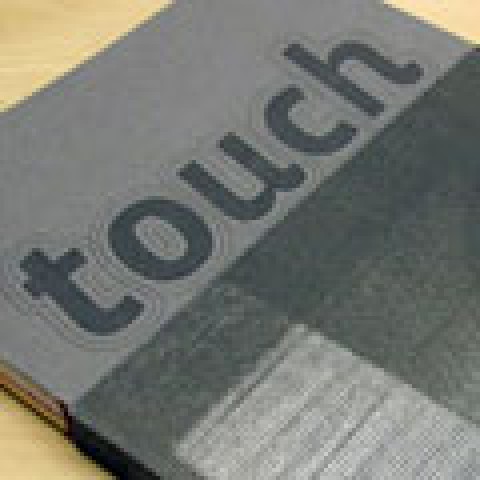Just when you thought you’d heard, read and seen absolutely everything there is to about QR codes, along comes this little story to make you sputter in your corn flakes.
Earlier this month, the craft-store chain Michael’s was hit with a lawsuit for the use of QR codes in its circulars by QR code company Neomedia, according to 2DCode.com.
Um…and why would that be?
Quoth the suit, “By making and/or using QR codes that indirectly link to a webserver,” Michael’s is infringing Neomedia’s US Patent 6,199,048. That would be a “System and method for automatic access of a remote computer over a network.” And also US Patent 8,131,597, “System and method for using an ordinary article of commerce to access a remote computer.”
And directly from the legal complaint:
22. QR Code advertisements and/or product packaging used by Michaels are examples of machine-readable codes that enable a user device to connect with a content server over the Internet by scanning a machine-readable code encoded with an index that is sent to a server and used to lookup the URL of the content server, which is then returned to the user device to enable it to connect with the content server.
23. As one example, the following QR Code enables a user device to communicate the index to the server “http://goo.gl” to obtain the URL “http://m.youtube.com/#/watch?v=Qtg9U3IVaCA&desktop_uri=%2Fwatch%3Fv%3DQtg9U3IVaCA” of the content server.
All of which means that if your QR code sends people to a URL shortener (Google’s in this case, or presumably something like Bitly), Neomedia claims you’re infringing their patents.
To be fair, Neomedia actually originated these patents (as near as we can tell, anyway), unlike the growing number of “patent trolls” who buy up patent rights strictly to sue companies over them. (For an excellent look at the whole “patent troll” epidemic, listen to this episode of “This American Life” before they pop it behind a pay wall.) The company is currently suing the likes of Wendy’s, Taco Bell and Bed Bath & Beyond among others over this. Last year, it settled a suit with SpyderLynk.
Presently, we’re still waiting to see a little more coverage on this beyond the detailed piece from go-to QR code news site 2D Code. With any luck, it will all be a great big misunderstanding, but so far it doesn’t sound like any such thing.
If you’re currently putting together a direct-mail or other campaign using QR codes, this is definitely something you’ll want to run by your legal department first. (And if you can’t afford legal advice, probably best to send folks directly to your link. Sure, it may put a kink in your ability to track reader response, but seriously, who needs the headache?)
As usual, these things are submitted for informational purposes only and do not constitute legal advice…seek medical help if the condition persists, etc.











Looks like this patent expired effective today. https://patents.google.com/patent/US6199048
Crazy! Good catch, Peter!